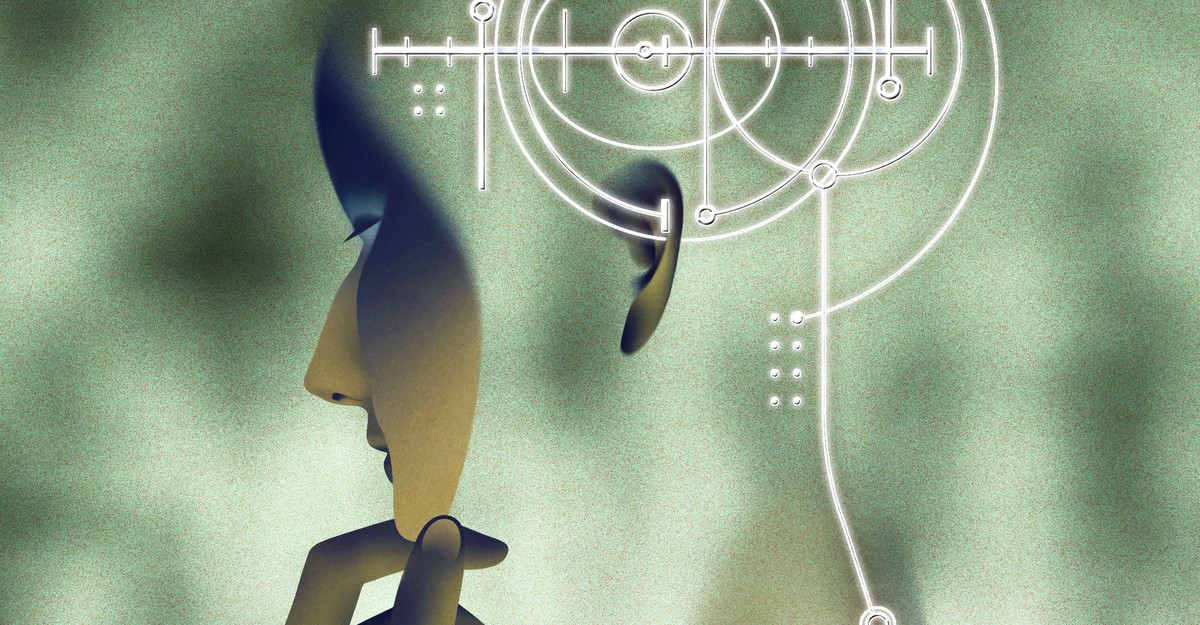If this is the way to superintelligence, it remains a bizarre one. “This is back to a million monkeys typing for a million years generating the works of Shakespeare,” Emily Bender told me. But OpenAI’s technology effectively crunches those years down to seconds. A company blog boasts that an o1 model scored better than most humans on a recent coding test that allowed participants to submit 50 possible solutions to each problem—but only when o1 was allowed 10,000 submissions instead. No human could come up with that many possibilities in a reasonable length of time, which is exactly the point. To OpenAI, unlimited time and resources are an advantage that its hardware-grounded models have over biology. Not even two weeks after the launch of the o1 preview, the start-up presented plans to build data centers that would each require the power generated by approximately five large nuclear reactors, enough for almost 3 million homes.



Indeed, the formal definition actually doesn’t specify how many monkeys will write what given an infinite number of monkeys, it’s unknowable (that’s just how probability is). We just know that it will almost surely happen, but that doesn’t mean it will happen an infinite amount of occurrences.
The infinite amount of time version is just as vague, one monkey will almost surely type a specific thing, eventually, given infinite time to type it. This is because when you throw infinites at probability, all probabilities tend to 1. Given an infinite amount of time, all things that can happen, will almost surely happen, eventually.